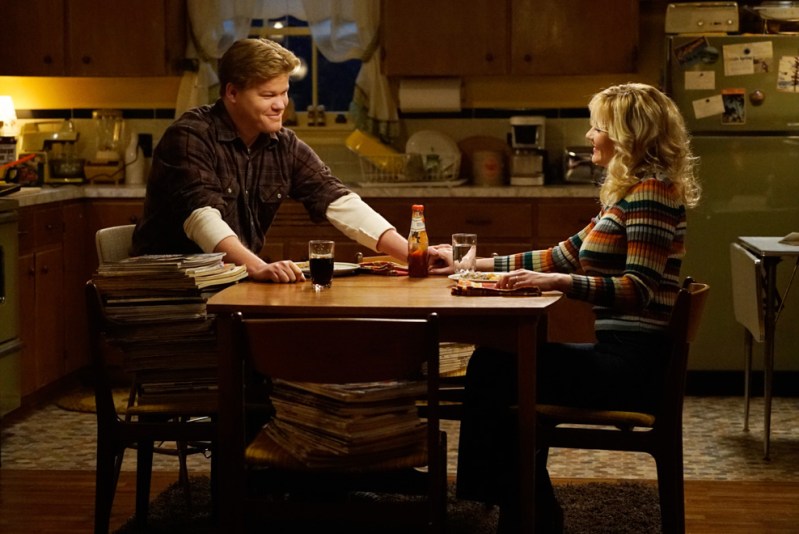Although its story is independent from the previous season and the 1996 film of the same name, the second season of “Fargo” continues the tradition of its forebears by exploring the darkness under the snow and sweaters of the American Midwest. The unfortunate confluence of a crime syndicate power vacuum and a spate of murders brings the wrong kind of attention to the small town of Luverne, Minnesota, and the agents of evil come to walk its idyllic snow-swept streets. As the complexity of the situation grows and the corruption spreads, it falls on Lou Solverson (Patrick Wilson), a young Vietnam veteran and state trooper, to defend the decency of his home.
In terms of pure entertainment, “Fargo” is excellent. It maintains a constant tension throughout its run, an achievement which neither of its predecessors could claim. Even moments as simple as a dinner-table conversation bear the weight of great consequence, and the viewer cannot help but watch each second with anticipation and dread.
While the intrigue of the plot (dreamt up by series creator Noah Hawley) is vital in sustaining these scenes, it is the show’s characters that truly place “Fargo” in a league of its own. Each walks a fine line between trite and absurd, bearing just enough quirks to be interesting and comedic but not so many as to become farcical. The contrast of their pleasant smiles and delightful mannerisms with the darkness that surrounds defines the show’s flavor and exquisitely animates the proceedings.
As supplement to its more superficial merits, “Fargo” also provides a character study rivaled in interest and execution only by its forebears. The show uses the remote Midwestern setting to challenge our preconceptions about idyllic small-town life and those who choose to live it. We revere the simple life, from the hard-working family man to his doting wife and the two-car garage where they park at night. We see it is our greatest, and perhaps our last, moral bastion against the evil growing all around us. This reverence is not a new phenomenon, to be sure: Throughout its run, “Fargo” shows its own Carter-era Midwesterners lamenting the collapse of decency around them and indirectly praising their shining small-town on a hill.
As the show’s events unfold, evil finally reaches Luverne, and both the viewers and the characters are forced to reconsider their beliefs about this American life. Presented with a deviation from the normal order, society seems to fall apart. Husbands and wives turn against one another; the law cowers before criminal powers; supposedly honest men resort to dishonest methods. In the wake of such immorality, “Fargo” asks us to consider if there was ever something special about the small town in the first place, or if it was merely slower to cede to corruption than the rest. “Fargo” brings evil inside the walls of remoteness on which Luverne relied and demands that its residents prove their presumed virtue. Many fail the test, and many are left wondering who or what they’ve become.
For all its darkness, “Fargo” is not a hopeless show a la “True Detective,” and some do stand strong. We see a firm line drawn between those who are truly moral and those who were simply never asked to be bad. In this manner, “Fargo” never asks the viewer to lose faith; it simply asks the viewer to reconsider where that faith is placed. In its uniquely entertaining way, “Fargo” shows us that there is both good and evil in this world, and that no friendly grin nor charming accent nor quirky sweater will ever indicate which is which.
Contact Ryan Holmdahl at ryanh ‘at’ stanford.edu.
